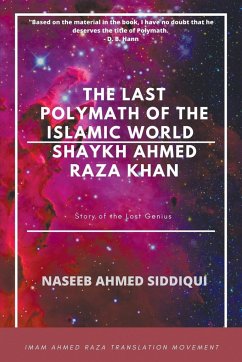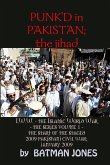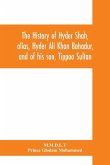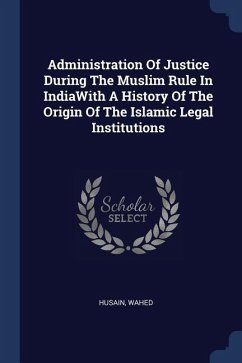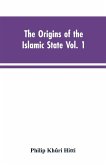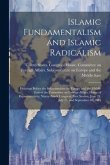Shaykh Ahmed Raza Khan (1856-1921) is an Indian, Sunni, Hanafi, Maturidi, and a Sufi scholar who is recognized as the leader of Ahle Sunnah Wal Jammat in the subcontinent. His following dominates the social religious domain of the Muslims of several countries around the world including, especially India, Pakistan, Bangladesh, the UK, Africa, and others. This book introduces Shaykh Ahmed Raza Khan as the last polymath of the Islamic world by contextualizing his encyclopedic academic contribution in the modern context. By venturing to write in more than 56 branches of knowledge like Islamic Jurisprudence, Hadith, Quran translation, Mathematics, Astronomy, Philosophy, Theology, Politics, Physics, Chemistry, literature, poetry, and so on, therefore, representing the last polymath of the Islamic world. The book, also, for the first time provides the known list of works in the English language along with a synopsis. The book aims to de-construct the popular notion about his personality and put his contribution in front of modern science and the political changes the last century has gone through. This analogy highlights the importance and value of his argument that was proposed during the First World War in British India. That how he single-handedly defended the Islamic creed from Wahabism and the challenges posed by modern science. This book will be a paradigm shift in understanding the Islamic intellectual history in the 20th century.

